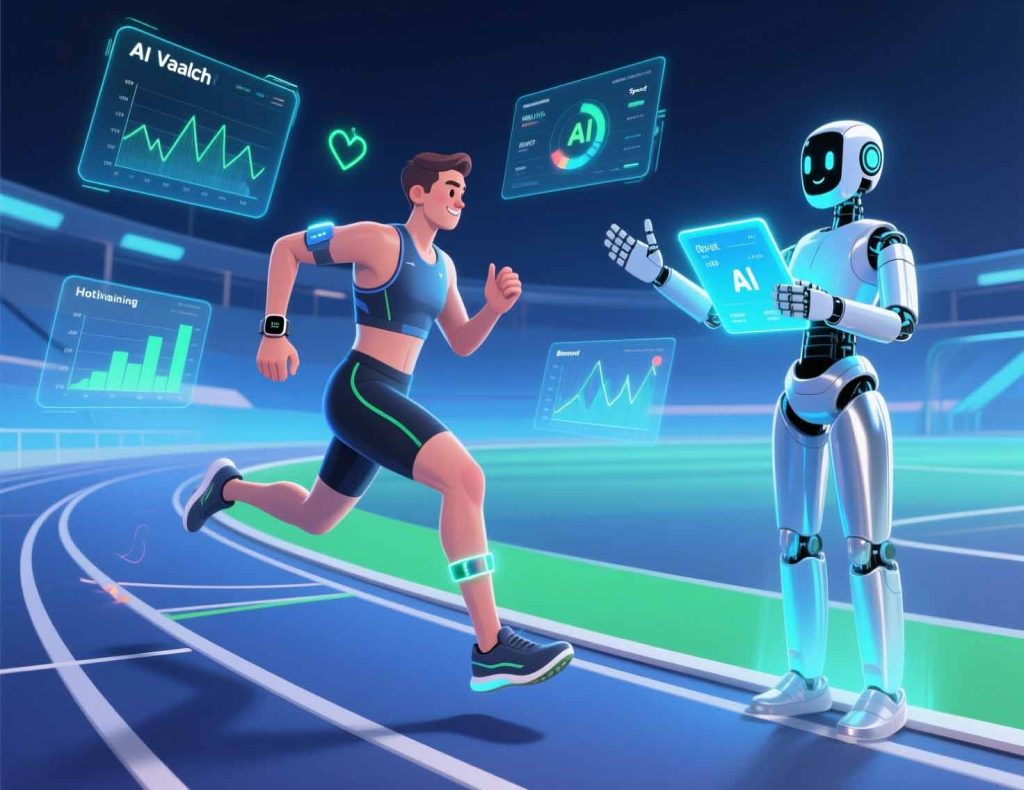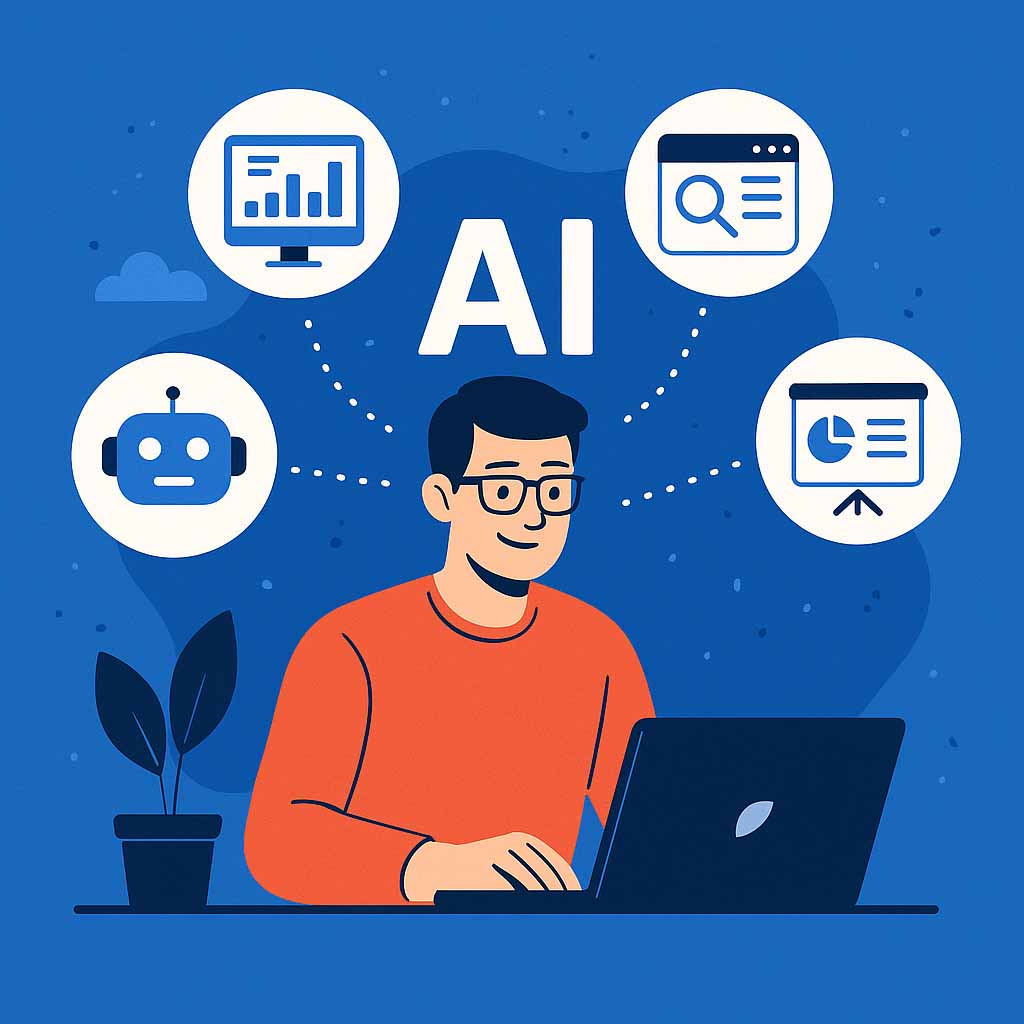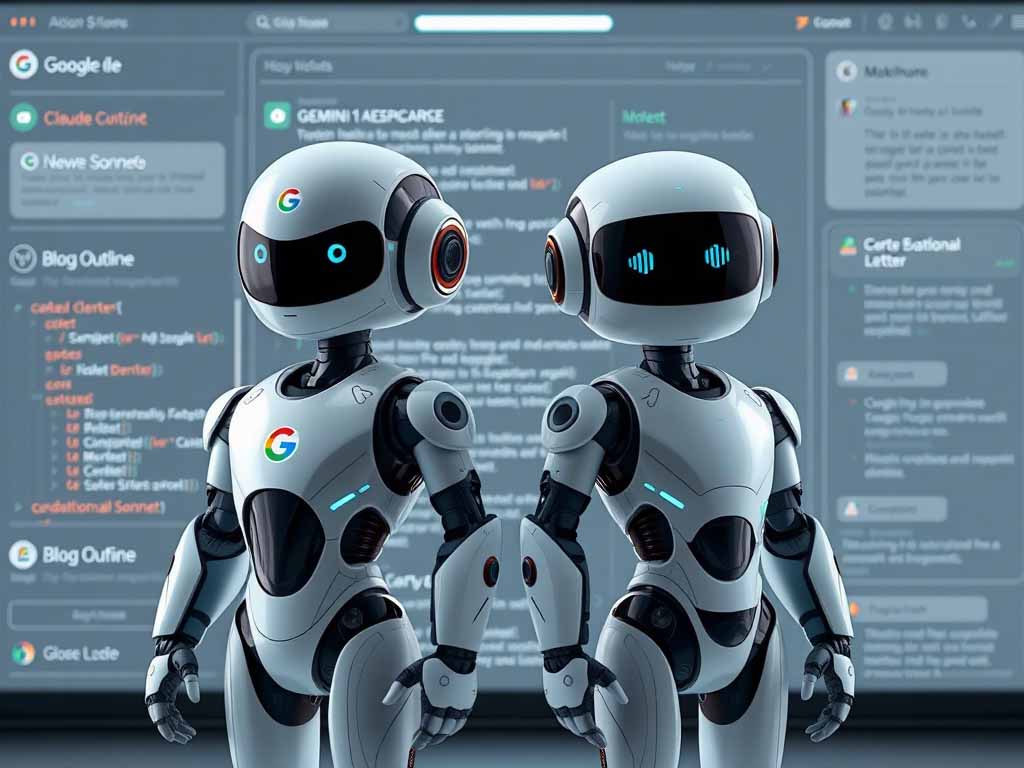AI Coaches: Can a Bot Help You Train Like an Olympian?
Picture this: You lace up your running shoes at 6 a.m., still half-asleep, and your “coach” is waiting. But instead of a whistle-wearing human yelling “One more rep!”, it’s a cheerful AI voice from your smartwatch saying, “Good morning, athlete. Let’s beat yesterday’s record.”
Sounds futuristic, right? Well, it’s already happening. From personalized workout apps to wearable tech that tracks every heartbeat, AI is sliding into the role of coach, motivator, and performance analyst. But the real question is: can a bot truly help you train like an Olympian—or is this just another fancy gadget trend?
Let’s explore the hype, the reality, and the gray space in between.
The Rise of AI Coaching
A decade ago, fitness apps were basically glorified timers. Today, they’re powered by AI that adapts to your progress. Missed a workout yesterday? Your app knows. Crushed your personal best? It adjusts tomorrow’s intensity.
Elite athletes are already experimenting with AI tools. Some Olympic training centers use machine learning to analyze athletes’ biomechanics, sleep cycles, and nutrition. Imagine software spotting tiny inefficiencies in your sprinting form—things even a world-class coach might miss.
And here’s the kicker: AI doesn’t get tired. It doesn’t need coffee, it doesn’t cancel last-minute, and it won’t roll its eyes when you skip leg day (although maybe it should).
What AI Coaches Do Well
Let’s give credit where it’s due. AI shines in areas where humans struggle:
- Data Crunching Power
Wearable sensors, smart shoes, and even AI cameras can collect more data in a single session than a human coach could jot down in a year. AI turns that mountain of info into real-time insights: “Your left stride is 2% shorter than your right,” or “You’re hitting peak heart rate too early.” - 24/7 Availability
Midnight workout? Early morning run? AI doesn’t care. Your digital coach is always “on.” - Personalization at Scale
Traditional coaching is limited—you get one coach for a handful of athletes. AI, on the other hand, can tailor programs for millions, each one unique. - Consistency
No bad moods, no biased opinions. AI won’t push you harder because it “feels” you’re slacking—it uses your data to adjust fairly.
The Human Side: What AI Still Misses
But let’s be real. Training like an Olympian isn’t just about numbers—it’s about grit, mindset, and emotion. And that’s where AI stumbles.
- Emotional Support: A robot can say “You’ve got this,” but it doesn’t feel your frustration when you hit a plateau. Humans need empathy as much as analytics.
- Intuition: A good coach can tell you’re burnt out just by looking at your posture. AI sees data, but not always the unspoken stuff.
- Motivation: Let’s face it—sometimes we train harder because a coach believes in us, not because a watch tells us to.
In short, AI can guide your form, but it can’t slap your shoulder after a brutal session and say, “I’m proud of you.”
Real-World Examples
- Eliud Kipchoge, the marathon legend, uses AI-driven data analysis for pacing strategies. It doesn’t replace his coach, but it helps fine-tune details.
- Fitness apps like WHOOP and Strava already use AI to track sleep recovery and suggest rest days—crucial for preventing injuries.
- Startups are building AI platforms that watch video footage of your movements and flag inefficiencies in real time—like a personal coach inside your phone.
It’s not science fiction. The tools are here, and they’re only getting smarter.
Could AI Replace Human Coaches?
Here’s the million-dollar debate. Some argue AI will eventually out-coach humans. Imagine AI analyzing millions of Olympic performances and predicting training plans with near-perfect accuracy. Tempting, right?
But let’s not forget: sports are human stories. The Olympics aren’t just about data; they’re about resilience, heartbreak, and triumph. An AI might optimize your diet to the milligram, but it won’t stand at the finish line crying tears of joy with you.
The likely future? Hybrid coaching. Athletes will work with human mentors backed by AI analytics. Think of it as Batman with Alfred and a Batcomputer—human wisdom plus machine precision.
Should Everyday People Use AI Coaches?
Absolutely—if you approach it wisely. Most of us aren’t aiming for Olympic gold, but AI coaches can help regular folks stay consistent, avoid injuries, and actually enjoy progress.
- Trying to lose weight? AI can adjust your calorie plan day by day.
- Training for your first 5K? AI can adapt to your pace and recovery.
- Struggling with discipline? AI reminders and gamified challenges can keep you on track.
But remember: balance matters. Just because your AI says, “Do another set,” doesn’t mean you ignore your aching knee. Listen to your body, not just your bot.
The Emotional X-Factor
Here’s where it gets interesting. Some people actually bond with their AI coaches. They name their devices, treat their reminders like encouragement, even celebrate milestones with their apps. Weird? Maybe. But it shows how much humans crave motivation—even from machines.
Still, AI motivation is different from human connection. A digital coach can hold you accountable, but it can’t share the joy of a breakthrough. It can’t high-five you when you finish your first marathon.
And let’s be honest: half the fun of having a coach is the banter, the pep talks, and yes, the occasional dramatic eye roll when you make excuses.
So… Can a Bot Train You Like an Olympian?
Here’s the bottom line:
- AI can push your performance further than ever. It’s precise, always available, and crazy good at crunching data.
- But it can’t replace the human touch. Empathy, intuition, and shared human experience are still essential for world-class training.
- The best setup is a partnership. Think of AI as your assistant coach—handling the spreadsheets while your human coach handles the heart.
If you’re chasing Olympic dreams, AI will be part of your toolkit. If you’re just trying to stay fit, AI can still make workouts smarter and more fun. Just remember: training like an Olympian isn’t only about science—it’s also about soul.
Final Thought
Maybe one day, AI will get good enough to simulate empathy, motivation, even inspiration. Until then, the real magic of sports comes from the messy, emotional, beautifully human side of competition.
So yes, let the AI coach guide your reps. Let it crunch your numbers and whisper split times. But don’t forget: at the finish line, it’s still you crossing with sweat, grit, and a heart that no algorithm can ever fully replicate.



